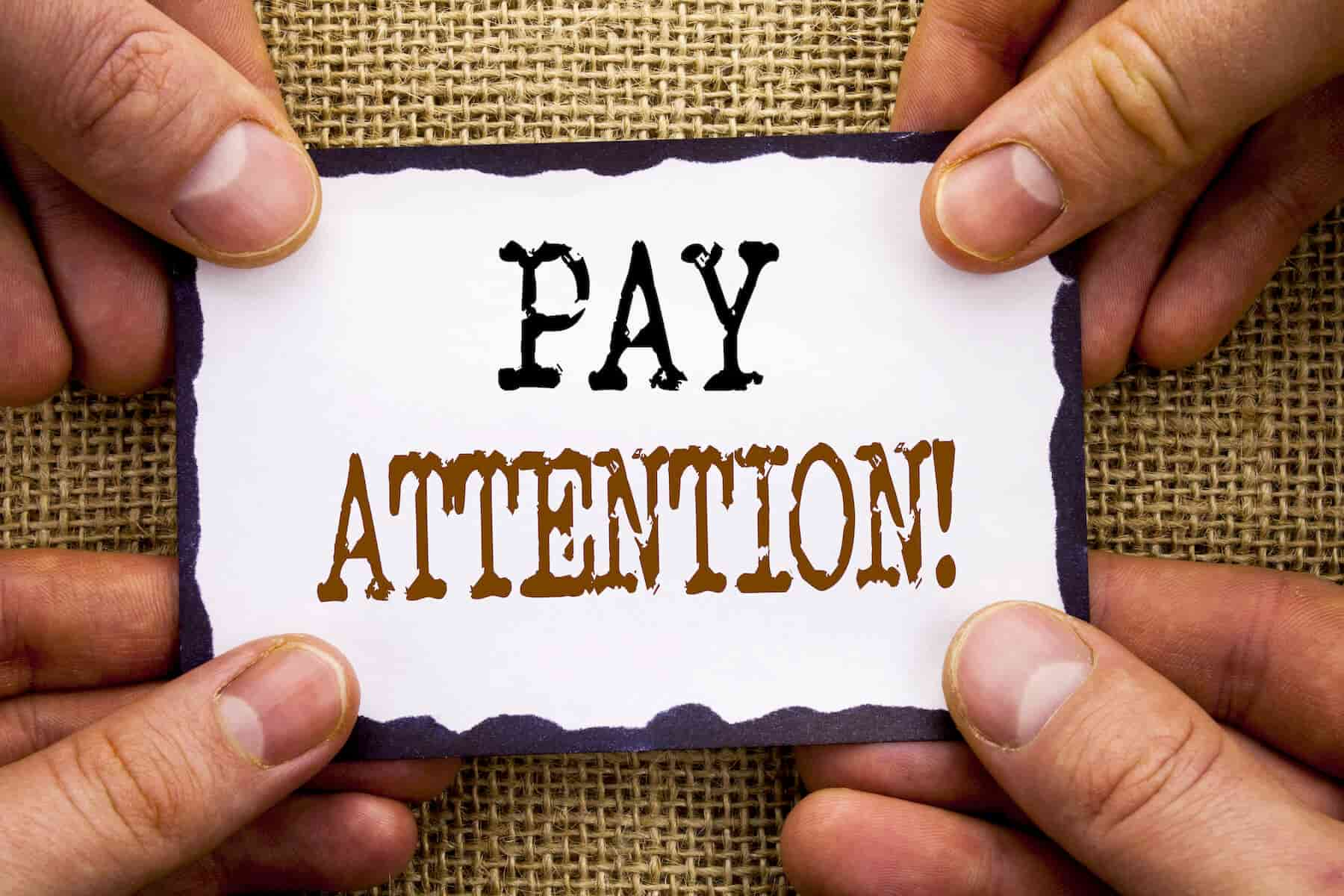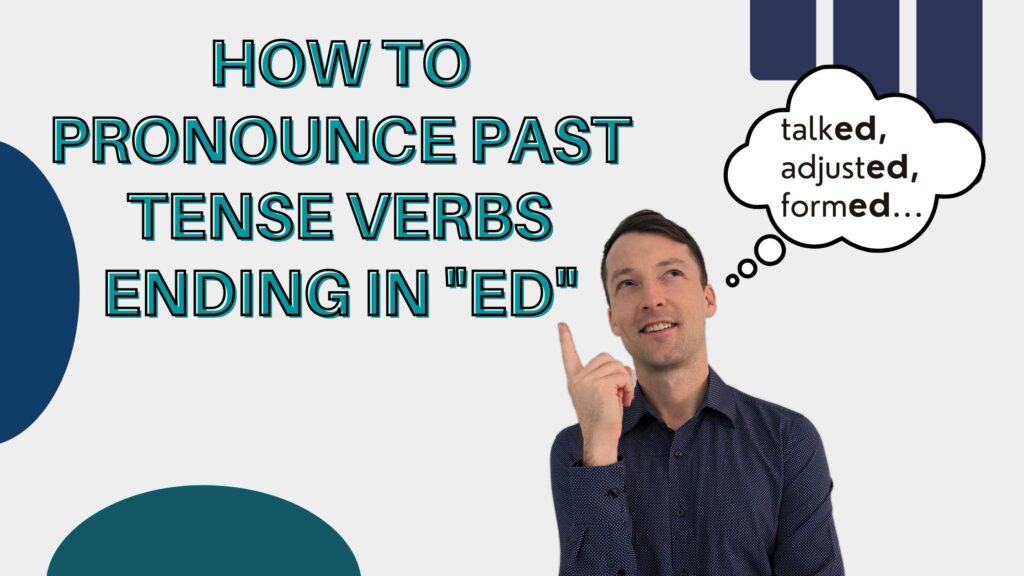Collocations are two or more words that go together in an expression, such as fast food, pay attention, or happily married. Collocations make our vocabulary richer. They make it easier to express ourselves without overusing words such as very, nice, or beautiful. In this posting, I discuss some common American English collocations. There will be many example sentences. The download at the end will help you become more comfortable with collocations.
Las colocaciones o “collocations” son dos o más palabras que van juntas en una expresión, tal como fast food (comida rápida), pay attention (prestar atención) o happily married (felizmente casado/a). Las collocations enriquecen el vocabulario, pues nos facilitan el expresarnos sin abusar de palabras como very (muy), nice (bien, agradable), o beautiful (hermosa/o).En este post, explico algunas collocations comunes del inglés estadounidense. Hay muchas frases y ejemplos para aprender y repasar. Además, podrás descargar una hoja de ejercicios al final de la lección que te ayudará a sentirte más cómoda/o con el uso de las collocations.
What are collocations?
Collocations are two or more words that go together. There is not necessarily a logic to why they go together, however. It is more a function of what sounds right or normal to a native speaker. If you expressed a concept and used a collocation incorrectly, people would still understand you. It simply would not sound quite idiomatic to a native speaker.
English contains many collocations. We cannot discuss all of them here. You will learn about some of the most common ones, however. Collocations come in certain predictable combinations: adjective + preposition, adverb + adjective, adjective + noun, and noun + noun. Collocations also come in families.
Collocations using adjective + preposition
- good at–He is really good at football.
- angry at–I was angry at my boss when he wouldn’t give me time off.
- skilled at–An engineer must be skilled at math.
- good with–She should be a teacher. She’s so good with children.
Collocations with adverb + adjective
- deeply committed–I am deeply committed to doing my best work.
- deeply ashamed–She was deeply ashamed of herself when she was caught shoplifting.
- happily married–Bob and Mary have been happily married for many years.
- fully aware–Are you fully aware of the dangers of mountain climbing?
- blissfully unaware (This means that you have no idea that something bad could happen, and you are very happy not knowing)–He was blissfully unaware of the dangers of mountain climbing until he got injured.
Collocations using adjective + noun
- big surprise (problem)–When I lost my job, it wasn’t really a big surprise. I knew the company was having problems.
- big improvement–My son made a big improvement in his reading ability.
- happy medium–It’s neither too hot nor too cold. The temperature has found a happy medium.
- big deal (This means that something is very important). It’s a very big deal to win the lottery.
Collocations with noun + noun
- departure time–The departure time for my flight is 3:27 pm.
- debit (credit) card–Please insert your debit (credit) card and wait for the beep.
- desk job–Joseph was in the army, but he never fought. He had a desk job on the base.
- interest rate–Some loans have a very high interest rate.
Some common collocation families
You will see some common collocation families. This does not include every collocation in every family. There are far too many of them for that. But you will see some of the most common, everyday ones.
Have
- have a drink (often refers to an alcoholic drink)
- have a good time ( to have fun, to enjoy yourself)
- have a cup of coffee (a Coke, a cup of tea)
- have a problem
- have lunch (breakfast, dinner, a snack)
Do
- do business
- do nothing (something)
- do someone a favor (to do something nice for someone)
- do your homework
- do your hair ( cut and/or style your hair)
- do your nails (manicure and/or polish your nails)
- do the cooking (the housework, the laundry)
- do the driving
Make
- make a difference
- make a mess
- make a mistake
- make noise
- make and effort (to try hard)
- make money
- make progress ( to show improvement)
- make room ( to find space for a person or a thing)
- make trouble
Take
- take a shower (bath)
- take a nap (sleep during the day)
- take a break ( a short rest period at work)
- take a look
- take a test
- take an Uber (Lyft, taxi, bus, cab, train)
- take someone’s place (to replace someone)
- take someone’s temperature
Catch
- catch the bus (train, cab)
- catch a cold (the flu, pneumonia)
- catch on fire
- catch sight of ( to see someone of something)
- catch someone’s eye (to cause someone to notice you)
Pay
- pay attention (listen carefully and observe)
- pay a fine
- pay by credit card (debit card, cash)
- pay a bill
Save
- save money
- save energy
- save one’s strength ( not letting yourself get too tired)
- save one’s breath (stop talking)
- save space (room)
- save someone’s life
Keep
Come
- come to an agreement
- come on time
- come prepared
- come under attack (This can be in a war or when someone criticizes you severely.)
Go
- go bad (when food spoils or becomes rotten)
- go bald (lose your hair)
- go blond (dye your hair blond)
- go bankrupt (lose all your money)
- go fishing (hunting, shopping, bowling)
- go crazy
- go out of business (when a company closes)
Get
- get a job
- get upset (angry)
- get sick (well)
- get drunk (sober)
- get married (divorced)
- get wet
- get pregnant
- get worried
- get lost (to not know where you are)
Collocations using concepts of time
- early 20th century–In the early 20th century, few people had cars.
- free time–In my free time, I like to watch TV.
- next few days–In the next few days I’ll have to buy more groceries.
- past few years–Summers have been getting hotter in the past few years.
- from dawn to dusk–I work all day–from dawn to dusk (from sunrise to sunset).
- right on time–I don’t like to be early or late. I try to be right on time.
- run out of time–The store will close soon. We need to get there so we don’t run out of time.
- spare time–Do you have any spare time ( extra time) to help me?
- spend some time–I always spend some time with my dog when I come home form work.
- take your time–Don’t rush. You can take your time.
Some business collocations
- annual turnover–People are constantly leaving and the company has to hire and train new people. Our annual turnover is much too high.
- chair a meeting–I am in charge of my department, so I always chair our meetings (I am in charge of the meeting).
- come to the point–Please stop talking in circles. Come to the point about how to solve our problem.
- lay off staff–We don’t have enough work for everyone, so we need to lay off staff.
- make a profit–We made a lot of money. We made a profit.
- sales figures–Our sales figures show that we have been very successful selling our product.
You now know that collocations consist of two or more words that go together in an expression. Although these combinations may not be logical, they sound correct or idiomatic to a native speaker. Collocations come in certain grammatical combinations and in families. The download will help you use and understand some common American English collocations.
Idioms of the Day
- heads up–This means a warning or an alert about something that may happen soon. Just a heads up. In two weeks our new car payment is due.
- to get a kick out of someone or something–This means to greatly enjoy someone or something. My cousin is so funny! I really get a kick out of her jokes.





The pronunciation is not right in some of the collocations, but it still works. Thanks
This is meaningful and helpful a lot to learning English.
I founded this site very very happy and good.
I will find this website very useful in learning the English language.